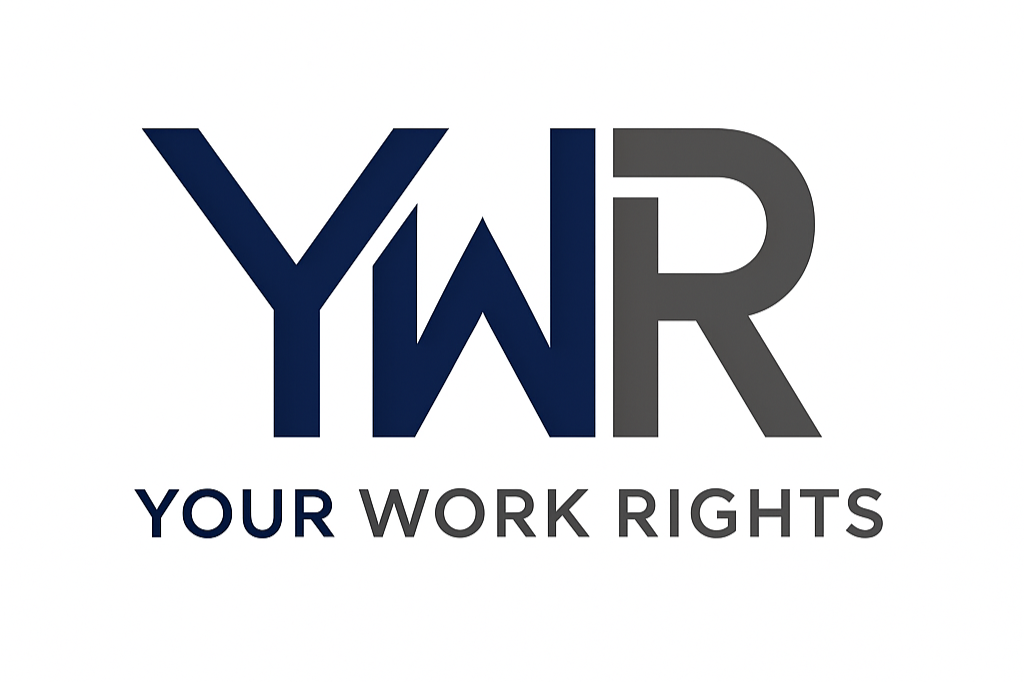Settlement Agreements: A Strategic Guide
If you are in a dispute with your employer, or they wish to end your employment on agreed terms, you may be offered a Settlement Agreement. This is a powerful legal document, and it is crucial you understand what you are signing.
This guide explains what a Settlement Agreement is, the key terms to negotiate, and the warning signs and pressure tactics to watch out for.
1. What is a Settlement Agreement?
A Settlement Agreement is a legally binding contract that ends your employment on agreed terms. In exchange for a financial payment and other conditions (like an agreed reference), you agree to waive your right to bring most types of legal claim against your employer.
For a Settlement Agreement to be legally valid in the UK, two conditions are essential:
It must be in writing.
You must receive independent legal advice on the terms and effect of the agreement from a qualified adviser (usually a solicitor). Your employer is legally required to pay for this advice.
2. The "Without Prejudice" Conversation: The First Step
Your employer will usually initiate the process with an "off-the-record" discussion. This may be called a "Without Prejudice" or a "Protected Conversation."
What it means: These labels are designed to prevent the conversation from being used as evidence in a future Employment Tribunal. It's a space for both sides to discuss an exit package frankly.
The First Warning Sign: An employer may use this meeting to put you on the back foot. They might present a worst-case scenario of what could happen if you don't accept their offer (e.g., "we would have to start a formal disciplinary process"). This is a pressure tactic. Stay calm, listen, and do not agree to anything in the meeting itself. Simply state, "Thank you for the information. I will consider it and respond in due course after I have had an opportunity to seek advice."
3. Warning Signs & Employer Tactics
The first offer is almost never the best offer. Employers will often use pressure tactics to get you to agree to a deal that favours them. Be prepared for the following:
Tactic 1: The Unreasonable Deadline
What it looks like: You are given an extremely short, artificial deadline to accept the offer, often with a warning that the offer will be "withdrawn" if you don't agree quickly.
Your Defence: Do not be rushed. You are legally entitled to a reasonable amount of time (at least 10 calendar days is the Acas recommendation) to consider an offer and seek legal advice. State clearly in writing: "I require a reasonable amount of time to consider this offer and seek the mandatory independent legal advice."
Tactic 2: Downplaying Your Legal Position
What it looks like: The employer or their lawyer may tell you that your potential legal claims are weak and that their offer is generous.
Your Defence: Do not take their assessment of your case at face value. They are not on your side. The strength of your case is your main negotiating leverage. This is why getting your own independent legal advice is so important.
Tactic 3: The One-Sided Clauses
What it looks like: The first draft of the agreement will contain clauses that place obligations only on you. For example, a confidentiality clause that prevents you from discussing the matter, but allows the company to do so.
Your Defence: Insist that key clauses are mutual. A non-disparagement clause, for example, must prevent both the company and its staff from speaking ill of you, just as it prevents you from speaking ill of them.
4. Key Terms to Negotiate
A good settlement is about more than just the headline financial figure. Your future career and reputation are just as important.
The Financial Payment: Is the offer a fair reflection of your potential tribunal claim? This includes any notice pay, unpaid holidays, and a tax-free compensatory amount.
The Job Reference: This is a critical term. Never accept a vague promise of a "standard" or "verbal" reference. The exact, final wording of the reference must be agreed upon and attached as a schedule to the final agreement.
Confidentiality & Non-Disparagement: As mentioned above, ensure these clauses are mutual and fair. The confidentiality clause should still allow you to speak to your immediate family, legal advisers, and medical professionals.
Leaving Announcement: You can and should negotiate the wording of any internal or external announcement about your departure to protect your professional reputation.
5. The Role of the Independent Adviser
The law requires you to take advice from an independent solicitor to make the agreement legally binding. Your employer pays for this. The adviser's role is to:
Explain the terms and effect of the agreement.
Advise you on whether you have any potential legal claims and what their value might be.
Sign an "Adviser's Certificate" to confirm that they have provided this advice.
Remember: The adviser is there to act in your best interests, not your employer's.
Need to find a solicitor? [The Law Society's Find a Solicitor service]
Need general advice first? [Speak to Someone]
